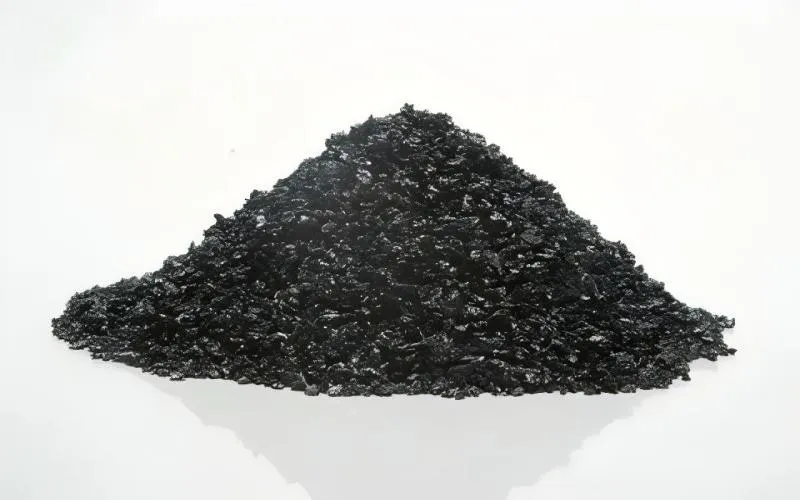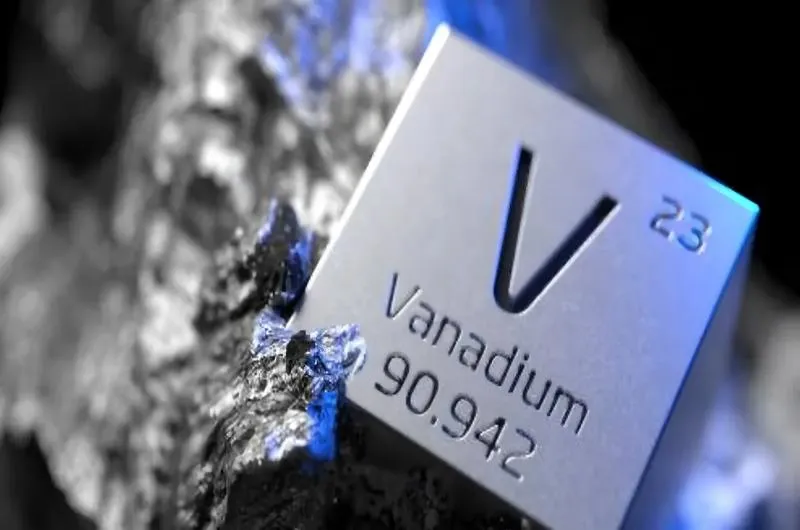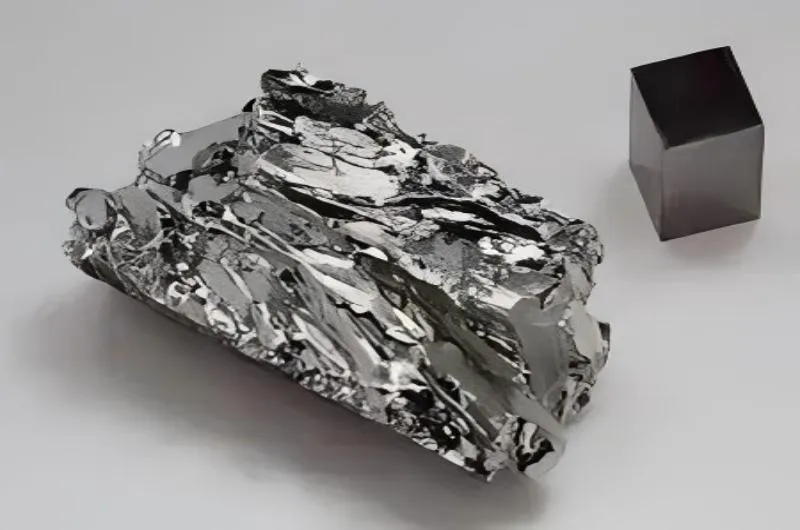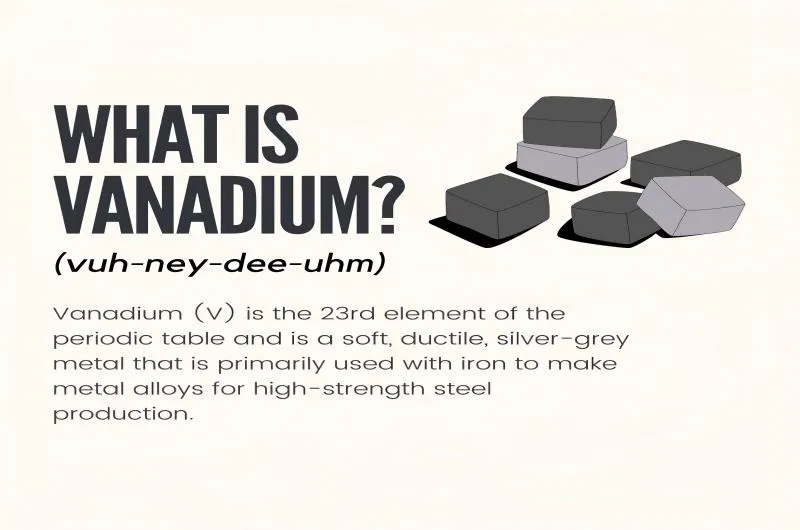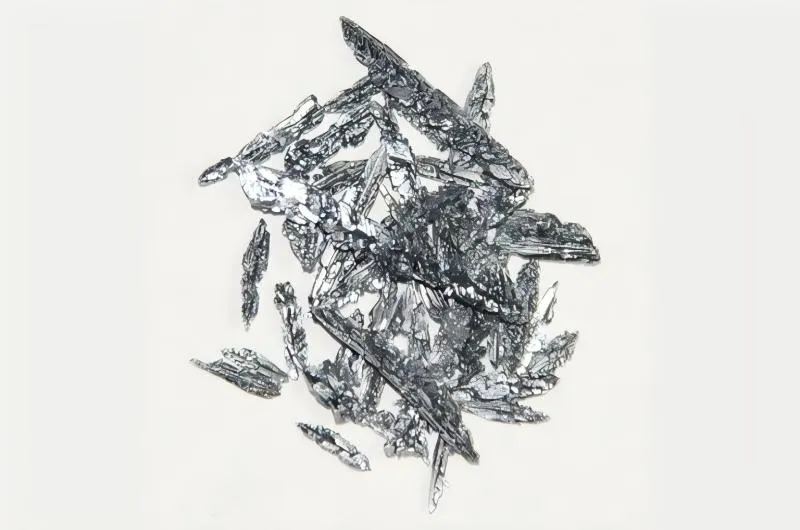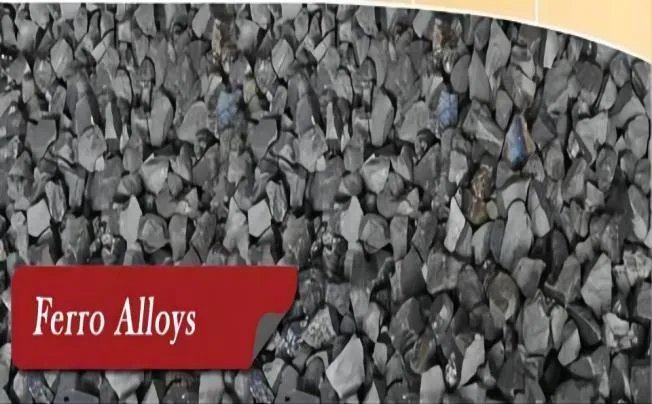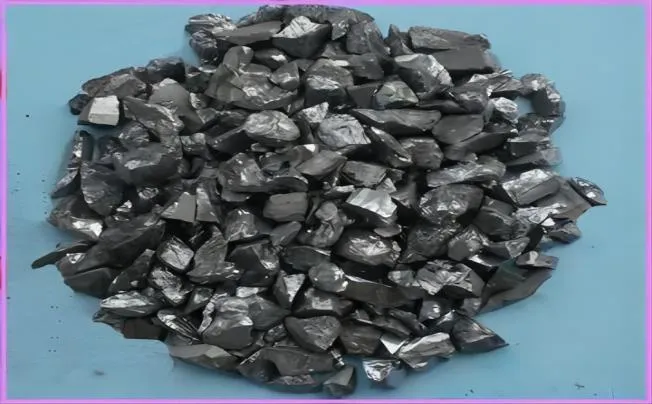BY  GENN
GENN
2024/09
Blog
Who Manufactures Petroleum Coke?
Petroleum coke, often called petcoke, is a carbonaceous solid derived from oil refinery processes. It is a byproduct of the crude oil refining process and is used in various industrial applications.
Overview of Petroleum Coke
Petcoke is valued for its high heat and low ash content, making it ideal for industries such as steel, aluminum, and cement production where intense heat is required for processing raw materials into finished products. The importance of petcoke in these industries cannot be overstated.
In steel manufacturing, for instance, petcoke serves as a cost-effective fuel source in blast furnaces, enabling the production of high-quality steel efficiently. Similarly, in the aluminum industry, petcoke is used in smelters to provide the high temperatures needed to extract aluminum from its ore.
In cement production, petcoke is used as a fuel and as a source of carbon for the kiln. Its stable combustion characteristics and high calorific value make it indispensable in these sectors, contributing directly to their operational efficiency and profitability.
Production Process of Petroleum Coke
Petroleum coke is produced through the distillation of crude oil in oil refineries. The process begins with the distillation of crude oil into various fractions such as gasoline, diesel, and heavier oils.
The heaviest fractions, including vacuum gas oils and residuum, are then further processed in coker units to produce both green and calcined petcoke. Green petcoke is the raw material obtained directly from the coker unit, containing higher levels of volatile matter and impurities.
Calcined petcoke undergoes additional heat treatment to remove volatile components and moisture, resulting in a denser and more stable product with higher carbon content. This process not only enhances the fuel characteristics of petcoke but also makes it suitable for specialized applications where high carbon purity is required, such as in the production of electrodes for the steel industry.
Major Players in the Petroleum Coke Manufacturing Industry
Global Corporations
- ExxonMobil
ExxonMobil is a key player in the global petcoke market, leveraging its extensive network of refineries to produce both green and calcined petcoke. Refineries located in strategic regions such as the Gulf Coast of the United States and various locations across Europe contribute significantly to ExxonMobil’s petcoke production capacity. The company places a strong emphasis on sustainability, implementing technologies to reduce environmental impact throughout its refining processes.
- BP
BP is another major producer of petcoke with operations spanning multiple continents. Its refineries in the United States, Europe, and Asia-Pacific regions contribute to its substantial petcoke output. BP focuses on integrating environmental considerations into its refining operations, striving to improve energy efficiency and reduce emissions relative to its global competitors.
- Shell
Shell has established itself as a prominent supplier of petcoke globally, utilizing advanced refining technologies to optimize the production of high-quality petcoke. The company is at the forefront of innovation in refining processes, continuously investing in research and development to enhance product quality and sustainability. Shell’s commitment to technological advancement underscores its leadership in the petcoke market.
Regional and National Companies
- Sinopec (China Petroleum & Chemical Corporation)
As the largest petcoke manufacturer in China, Sinopec plays a crucial role in the Asian and global petcoke markets. Its extensive refining capabilities and logistical infrastructure enable Sinopec to supply petcoke to a diverse customer base, supporting industrial growth and infrastructure development across the region.
- Reliance Industries Limited (India)
Reliance Industries Limited is a major player in the Indian petcoke market, catering to the energy needs of various industries in the country. Despite facing challenges such as regulatory compliance and environmental concerns, Reliance continues to expand its petcoke production capacity, capitalizing on opportunities arising from India’s rapid industrialization and urbanization.
- Petrobras (Brazil)
Petrobras holds a significant position in South American petcoke production, driven by its extensive refining operations in Brazil. Economic factors, including fluctuating oil prices and currency exchange rates, influence Petrobras’ petcoke production and export strategies. Environmental considerations also play a crucial role in shaping its operational decisions, aligning with global sustainability standards.
Innovations and Future Trends in Petcoke Manufacturing
Technological Advancements
The petcoke manufacturing industry is witnessing rapid technological advancements, driven by digitalization and artificial intelligence. These innovations are revolutionizing refining processes, improving energy efficiency, and optimizing product quality. Advanced analytics and predictive maintenance are becoming integral to operations, enhancing productivity and reducing environmental footprint.
Environmental Concerns and Regulations
Environmental sustainability is a pressing issue for the petcoke manufacturing industry. Companies are increasingly focused on reducing their carbon footprint through initiatives such as carbon capture and storage, renewable energy integration, and adherence to stringent regulatory standards. The shift towards cleaner technologies and practices underscores the industry’s commitment to mitigating environmental impact while ensuring long-term viability.




